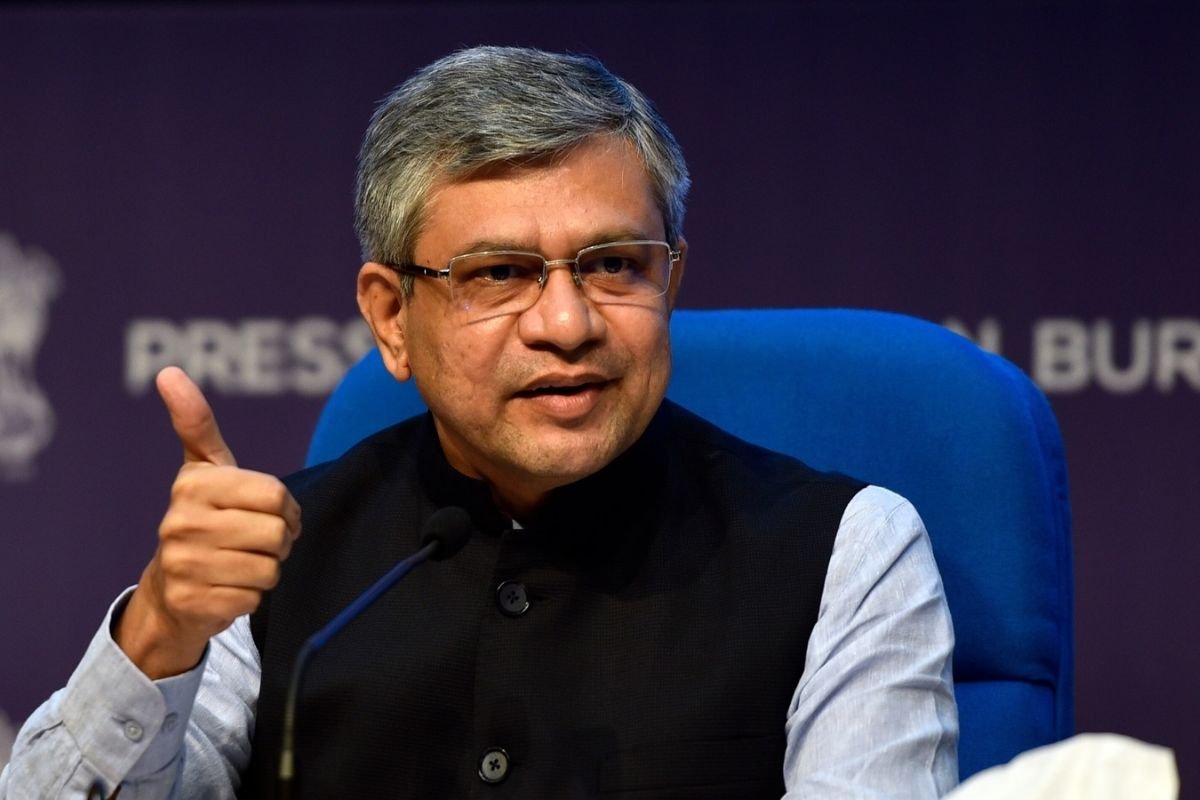NEW DELHI: In a major boost to India’s electronics and IT sector, the Union Cabinet on Thursday approved three semiconductor-related projects with a total investment of Rs 1.26 lakh crore. The projects include the country’s first commercial semiconductor fabrication (fab) unit, which will be set up by Tata Electronics Private Limited in partnership with Powerchip Semiconductor Manufacturing Corp (PSMC) of Taiwan, at an estimated cost of Rs 91,000 crore in Gujarat’s Dholera.
The semiconductor fab will have a capacity of 50,000 wafer starts per month (WSPM), which translates to about 300 crore chips annually. These chips will cater to eight sectors, such as high-powered computing, electric vehicles, defence, telecom, consumer electronics, automobile, power electronics, and renewable energy12. The fab will use advanced technology to manufacture chips ranging from 28 nanometres to 7 nanometres in size.
Electronics and IT Minister Ashwini Vaishnaw said the construction of the fab will begin in the next 100 days and generate 20,000 advanced-technology jobs and 60,000 indirect jobs. He also said the fab will be a “big turning point for the nation” as semiconductors are a foundational industry and have a lot of downstream-use cases in various sectors.
The Cabinet also approved two assembly, testing, packaging and marking (ATMP) units, which are essential for the final stages of chip manufacturing. One of the units will be set up by Tata Semiconductor Assembly and Test Pvt Ltd (TSAT) in Assam’s Morigaon with an investment of Rs 27,000 crore. This unit will have a capacity of 48 million chips per day and will develop indigenous advanced semiconductor packaging technologies, such as flip chip and integrated system in package (ISIP).
The other ATMP unit will be set up by CG Power, in collaboration with Renesas Electronics Corporation of Japan and Stars Microelectronics of Thailand, in Gujarat’s Sanand with an investment of Rs 7,600 crore. This unit will have a capacity of 12 million chips per day and will focus on power management and automotive applications.
The government will provide 50 per cent of the capital expenditure costs as a subsidy to all three projects under the Production Linked Incentive (PLI) scheme for the promotion of domestic manufacturing of semiconductor devices and displays12. The PLI scheme was launched in December 2021 with an outlay of Rs 76,000 crore to attract global and domestic investments in the semiconductor sector.
The approval of the three projects is expected to reduce India’s dependence on imports of semiconductors, which account for nearly 12 per cent of the country’s total electronics imports. According to a report by the India Electronics and Semiconductor Association (IESA), India imported semiconductors worth $21.6 billion in 2020, which is projected to increase to $100 billion by 2030.
The projects are also likely to enhance India’s competitiveness and innovation in the semiconductor industry, which is crucial for the development of emerging technologies, such as artificial intelligence, 5G, the Internet of Things (IoT), and cloud computing. The projects will also help India to become a part of the global semiconductor value chain and leverage the opportunities arising from the global chip shortage.
The minister said the government is committed to supporting the growth of the semiconductor sector in India and will facilitate more such projects in the future. He said the government is in talks with other potential investors, both domestic and foreign, to set up more semiconductor fabs and ATMP units in the country.









